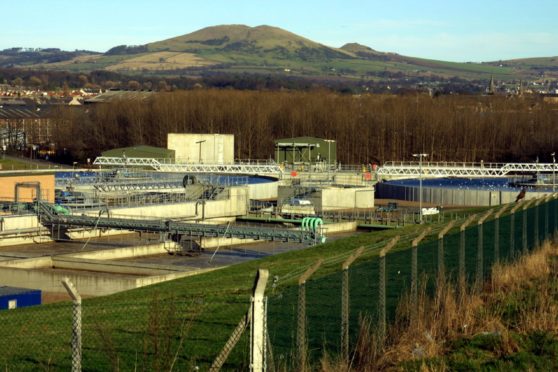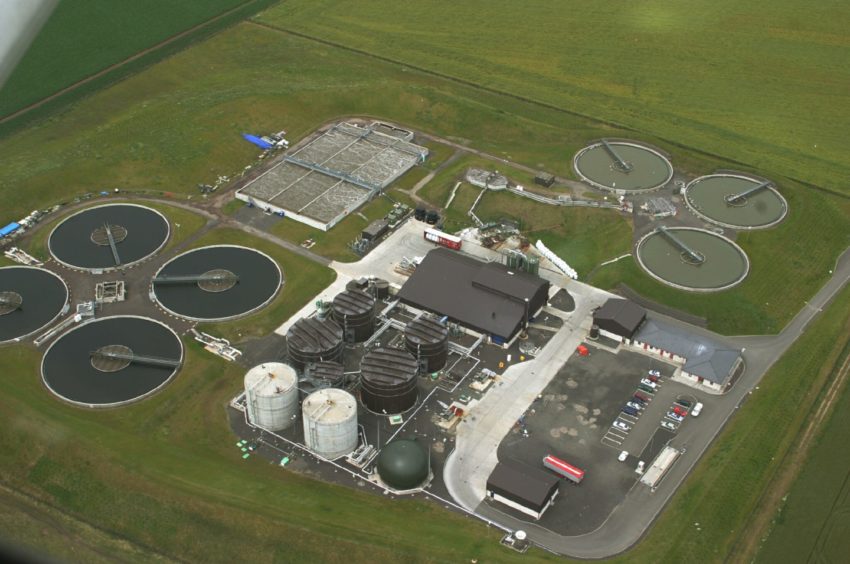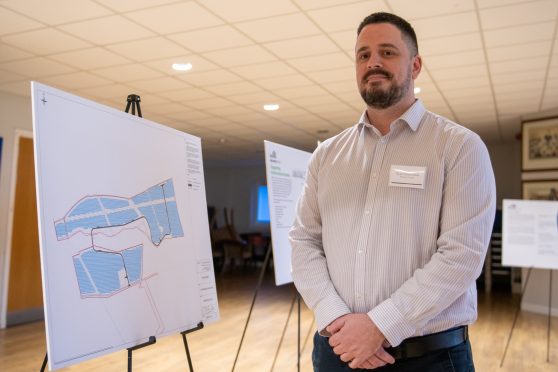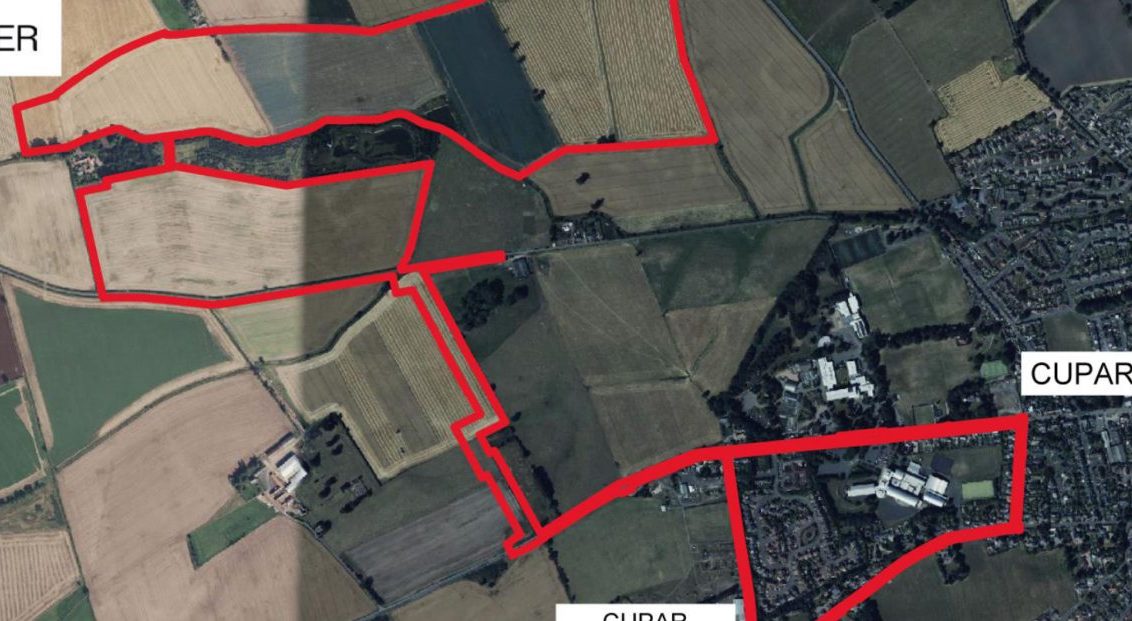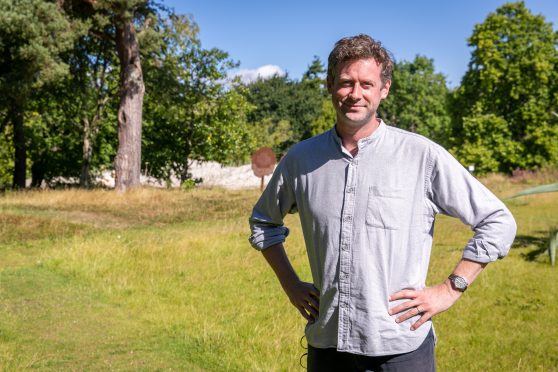Scientists have found traces of coronavirus in sewage samples taken from across the country including Fife and Angus.
It is hoped the results of wastewater testing by experts from the Scottish Environment Protection Agency (Sepa) will provide valuable data to authorities during the pandemic.
Environment Secretary Roseanna Cunningham said: “The early data is already providing our public health experts with new information, which complements the wider population testing programme to give a more robust picture of the prevalence of Covid disease in Scotland.
“I look forward to the programme providing further, valuable data over the coming months to support our fight against the pandemic.”
Sepa scientists pinpointed fragments of Covid-19 ribonucleic acid (RNA) – genetic material unique to the virus – in wastewater samples. The research was carried out with the help of Scottish Water, CREW (Centre of Expertise for Waters) and academic partners from Edinburgh University’s Roslin Institute and Heriot Watt University.
Sepa began the work back in May with the backing of the Scottish Government and Public Health Scotland (PHS).
Analysis of samples from across Scotland has now identified traces in wastewater from 12 health board areas.
The results have been shared with PHS and areas with positive RNA findings are consistent with the areas known to have confirmed Covid-19 cases.
Positive samples have been taken from wastewater treatment works at Dunfermline and Levenmouth in Fife in recent days, as well as at Hatton near Arbroath.
Reassuringly, the World Health Organization has said there is currently no evidence that coronavirus has been transmitted via sewerage systems.
Sepa said it would continue to work with academia and public health officials to understand how this monitoring can be best used to support Scotland’s response to the pandemic.
The agency’s CEO Terry A’Hearn said: “As Scotland’s environmental watchdog and as a public agency, we remain proud to be playing our part in the national effort to combat coronavirus.
“Our scientific capabilities and expertise in designing and implementing monitoring networks made us ideally suited to delivering this trial and the results we are seeing demonstrate its scientific validity.
“Central to the delivery of this project has been our partnership working Scottish Water and the University of Edinburgh’s Roslin Institute, and we will continue to work closely together to refine our techniques and understanding.
“We’ve received support from across the public sector, agencies and institutions – including a donation of specialist kit from Science and Advice for Scottish Agriculture – demonstrating how Scotland is coming together to find ways of tackling this virus.”
Sepa is also assisting UK Government scientific advisors, who are exploring how the transmission of Covid-19 could be tracked through wastewater monitoring.
